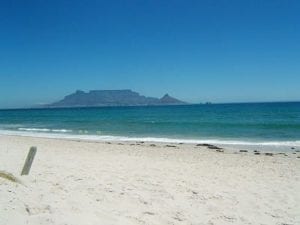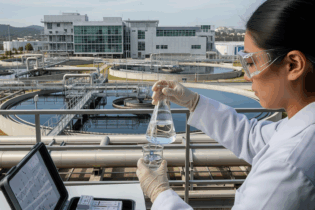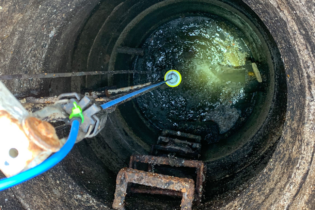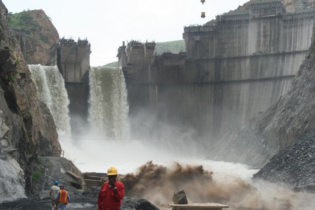The City of Cape Town stands accused of violating its own water by-law, by irrigating dunes at Bloubergstrand during the middle of the day, and of wasting water by not keeping a proper check on the damaged irrigation system.
When a Cape Argus team drove past the dunes recently on its way to investigate the “wet beach” problem at Big Bay, several of the sprinkler heads were broken and were spouting small fountains into the air with the water then running to waste. Some of the irrigation pipes, that appeared to have been buried originally, were exposed in an eroded area. It was about 1.20pm on a hot day. Soon afterwards, the team saw lawns behind the primary dune at Big Bay also being irrigated, although this system appeared to be in good order. In July, the city appealed to residents to save water, despite the good rains, and said water-saving measures included: “Switch automatic irrigation systems to manual and only use when necessary… When it is necessary to irrigate, only do so before 10:00 or after 16:00 – as stipulated in the water by-law.” Philippa Huntly, senior environmentalist at the Western Cape branch of Wessa (Wildlife and Environment Society of SA), said she was concerned by what appeared to be “ongoing wastage of potable water “. Pointing out that evaporation rates were highest in the middle of the day, she said: “Images of sand dunes being ‘watered’ at midday are disturbing, particularly as we enter the dry season. As the local authority, the city must be seen to abide by its own regulations, but equally importantly must set the right example for civil society and business.” In an initial response to the Cape Argus, the mayoral committee member for community services Tandeka Gqada said the Big Bay foredune was maintained by a private service provider and its alleged contravention of the by-law would be investigated. She acknowledged the city was responsible for dune management at Table View (Blouberg) where potable water was used for two hours’ irrigation every second day.“Plans are under way to reintroduce the use of treated effluent.”
No scientific calculation “as such” had been made of how much water was required to maintain vegetation, but the frequency had been selected for “practical and operational” reasons, she said. Source: iol.co.za





